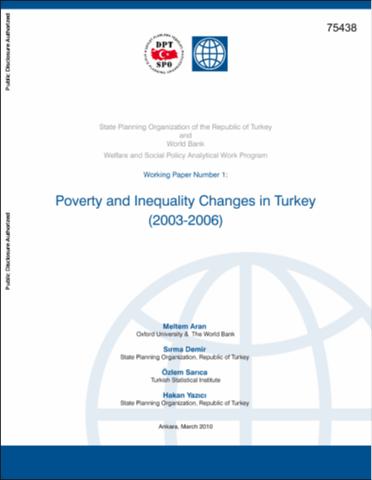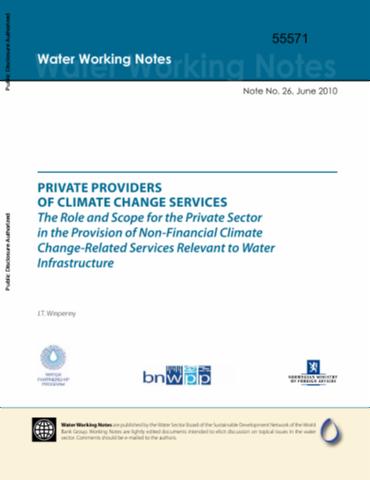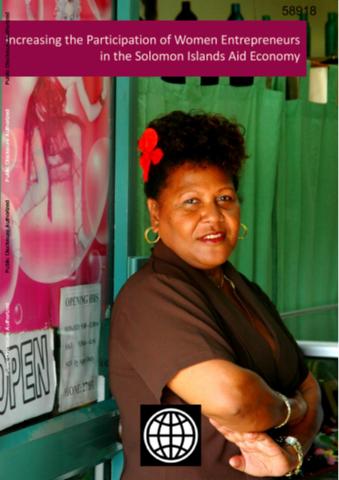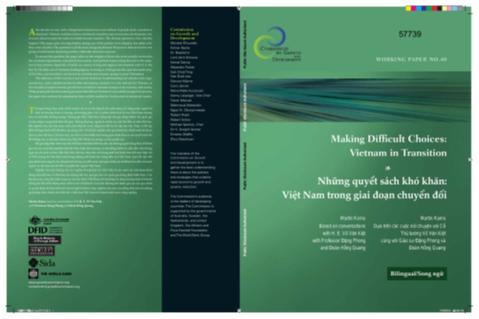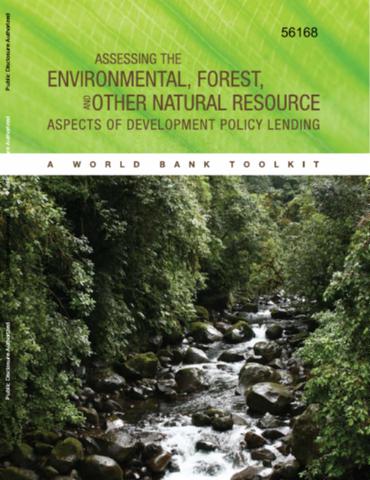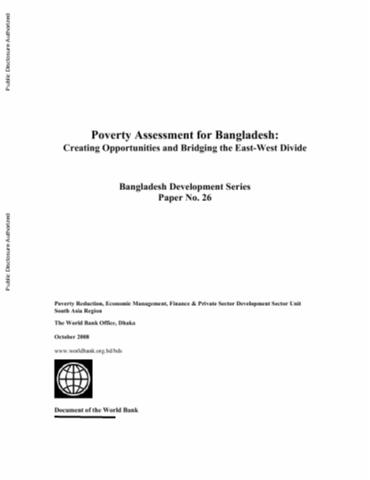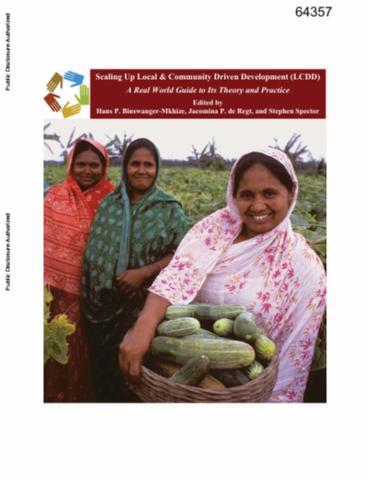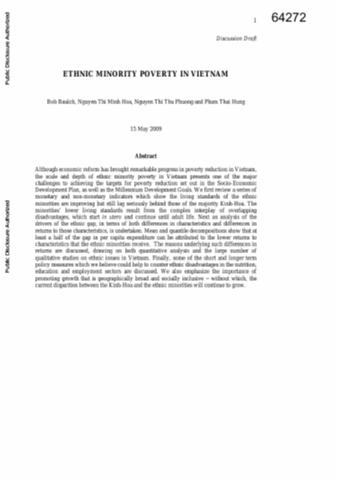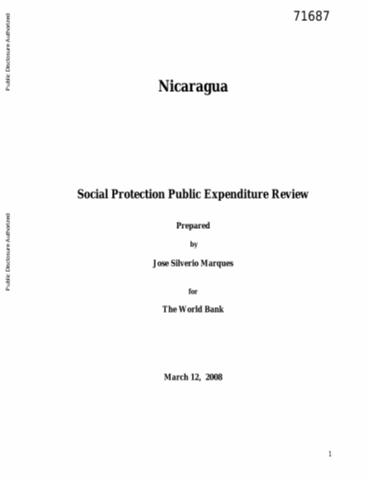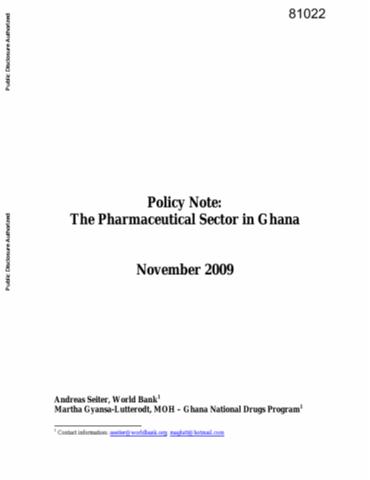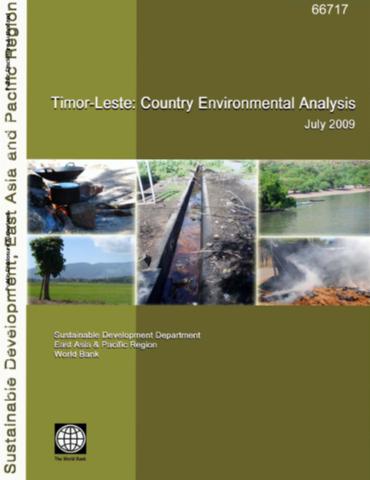Poverty and Inequality Changes in Turkey (2003-2006)
Poverty in Turkey has declined significantly between 2003 and 2006, as a result of rapid poverty reduction in urban areas. In the same time period, the reduction in poverty in rural areas has been slow or non-existent. As a result, the relative risk of poverty has increased in this time period for those employed in agricultural sector, living in rural areas and in large households.

